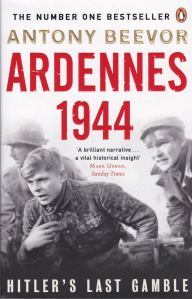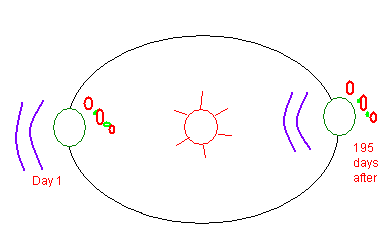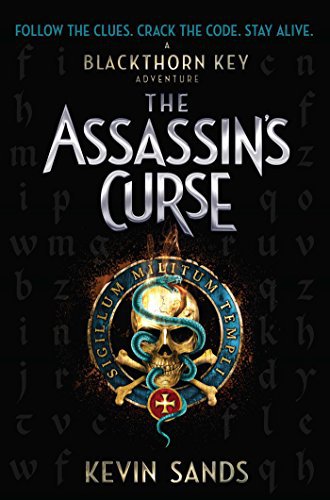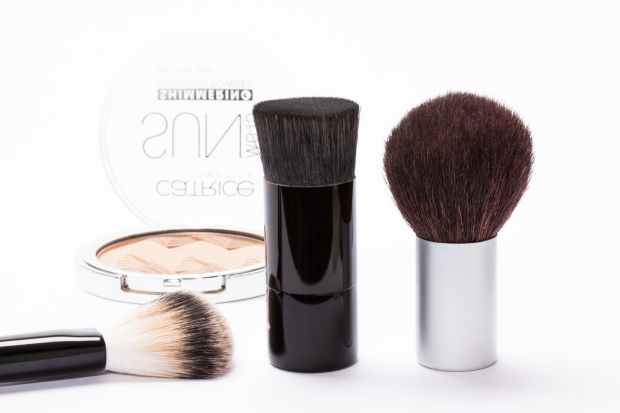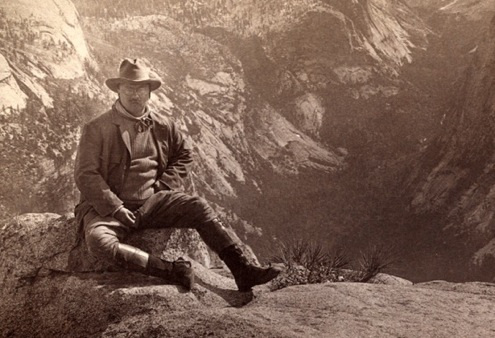
“I wish to preach, not the doctrine of ignoble ease, but the doctrine of the strenuous life, the life of toil and effort, of labor and strife; to preach that highest form of success which comes, not to the man who desires mere easy peace, but to the man who does not shrink from danger, from hardship, or from bitter toil, and who out of these wins the splendid ultimate triumph. ” ~Theodore Roosevelt
I’ve always been a fan of Theodore Roosevelt. If you asked me what it was based on, I would have to confess that it was all based on hear-say, so to speak. Other than reading his “Man in the Arena” speech, I only have tidbits of school history and what I’ve gleaned from articles and common knowledge. But the more I discover, the more I’m intrigued. To officially wet my appetite of my intrigue of Theodore Roosevelt, I picked up a copy of, The Rise of Theodore Roosevelt, by Edmund Morris.
Theodore Roosevelt is such an interesting president and such an interesting figure in American history. When you compare him to our presidents of recent, he stands in stark contrast. Actually, he stands in stark contrast to what we consider the modern man. His strength of character and unflinching principals would, no doubt, be considered unreasonable in today’s age. Some of his views might even be considered toxic and offensive on many of our college campuses.
While he was a sheriff in the Dakotas, a couple of men stole a boat from him. Roosevelt, along with a couple of his ranch hands tracked the boat thieves for days. Once found, Roosevelt single-handedly brought the thieves back to town for justice to be served. He had his other men take the boat back to his ranch, while he traveled thru the back country with the thieves in tow. During this time period, he would have been justified, in the eyes of the law, to have hanged both men and spared himself the danger of being overtaken by them in the wild. However, he was determined to see these men back in town before justice.
This is just one of the stories you’ll read in Edmund Morris’, The Rise of Theodore Roosevelt. You’ll find that Roosevelt did more by the time he was 40, well even 30, than most have done in a lifetime and that was before he became President.
Granted, there was some controversy around him, by today’s standards, but there is much to be admired as well. He was a rare breed in his time and even rarer today.
Here’s a snap shot of his accomplishments in the 60 years he lived:
In addition to the list above, “Roosevelt infused vitality into every aspect of his life. He practically bounded from room to room, giving hearty handshakes, slapping backs, and grinning ear to ear. Even as he got involved in politics, he exercised regularly and took up boxing, tennis, hiking, rowing, polo, and horseback riding. As President he took visiting leaders and dignitaries on long hikes and up rock faces in the parks around DC. As governor of New York, he boxed with sparring partners several times a week, a practice he regularly continued as President until one blow detached his left retina, leaving him blind in that eye. Thereafter, he practiced jujutsu and continued his habit of skinny-dipping in the Potomac River during winter.” ~Brett McKay
He was a man who lived life to its fullest. Rarely did he shy away from challenges, but faced them head on, with an eager boldness.
I opened with a statement about, “The Man in the Arena.” I’ll leave you with a segment from his famous speech. If you are interested in reading more about Theodore Roosevelt, I suggest you take a look at Morris’, The Rise of Theodore Roosevelt. Its very well written and reads like a novel.
“It is not the critic who counts; not the man who points out how the strong man stumbles, or where the doer of deeds could have done them better. The credit belongs to the man who is actually in the arena, whose face is marred by dust and sweat and blood; who strives valiantly; who errs, who comes short again and again, because there is no effort without error and shortcoming; but who does actually strive to do the deeds; who knows great enthusiasms, the great devotions; who spends himself in a worthy cause; who at the best knows in the end the triumph of high achievement, and who at the worst, if he fails, at least fails while daring greatly, so that his place shall never be with those cold and timid souls who neither know victory nor defeat.” ~Theodore Roosevelt
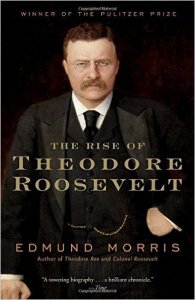 The Rise of Theodore Roosevelt, by Edmund Morris
The Rise of Theodore Roosevelt, by Edmund Morris
Originally published: 1979
Genres: Biographies & Memoirs > Historical > United States > US Presidents
Awards: 1980 Pulitzer Prize for Biography or Autobiography and the 1980 National Book Award in Biography.
Description: The Rise covers the time from Roosevelt’s birth through his ascendancy to the Presidency. It includes the Roosevelt family history starting with his parents influence, his turbulent childhood illnesses, education, involvement in politics and accomplishments in politics that prepared him to be one of the most influential presidents of the modern era. Specific topics include the philosophy of Roosevelt’s father, mother, and his family. His passion for learning despite severe illness is well documented. Morris reports that Roosevelt probably read the equivalent of one book per day during his life.
Morris examines his life as a young politician driven by a sense of public duty and stewardship, and captures multiple aspects of the events that shaped the character and performance of Roosevelt. The book provides insight into the world of influence from a master of corporate power as opposed to leaders who practice personal power.
Topics include early childhood, education and hobbies, travels in Europe and Africa, New York legislature, frontier life, civil service commissioner, New York police commissioner, Assistant Secretary of the Navy, the Rough Riders and victory in Cuba, governor of New York, and short term as vice-president.
Selected by the Modern Library as one of the 100 best nonfiction books of all time.
Purchase: Amazon Books
Goodreads Advertisements Share this: